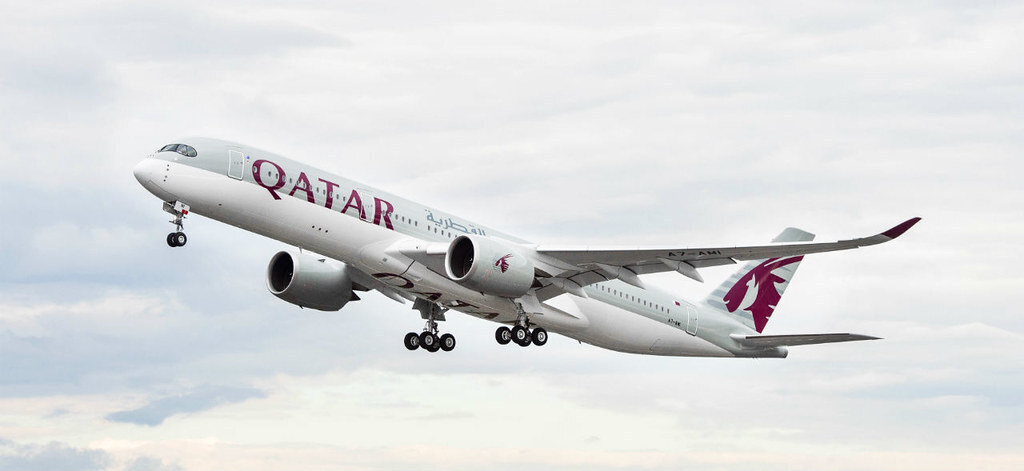For most of us, money is a finite resource, and we’re doing our best to make it stretch as much as possible. However, when it comes to air travel, catching a seat sale can be tricky, especially when travel dates are fixed. Skiplagging is one particular practice that enables travelers to get from point A to point B for “less than the going rate.” However, doing so is controversial and most certainly frowned upon by airlines. Let’s look at the practice of skiplagging and why airlines hate it.

What is skiplagging?
Skiplagging is the practice of booking an itinerary where the stopover is the true and intended destination of the traveler. Using our’ point A to point B’ phrasing, a passenger would book a ticket that takes them from point A to point C, with a stopover at point B. The passenger’s actual destination is point B and leaves the airport at this layover, leaving their seat empty on the B-to-C portion of the journey. Skiplagging is also known as a “hidden-city” flight. Let’s look at a real-world example…

It’s important to note that this practice won’t work if the traveler wants to check baggage, since the luggage is tagged to go through to the final (ticketed) destination. If you tried it, there would be severe consequences as the airline would likely have to offload your checked baggage after realizing your boarding pass wasn’t scanned for that leg of the journey.
Furthermore, this would only work as a one-way endeavor as the return tickets would be canceled by the airline once it realizes you never completed the first portions of your journey.
An example of skiplagging
If we use a popular flight search engine, we’ll find that a direct, one-way flight from Toronto to Vancouver on Air Canada is going for $158 on October 2nd. However, an Air Canada itinerary from Toronto to Seattle with a stop in Vancouver is only $116.
In our example scenario, a ‘skiplagger’ would purchase that Toronto-Seattle ticket with the intention of getting off at Vancouver. Missing their Vancouver-Seattle portion of the journey and saving $42, or 25% on their airfare.

If we went by fuel costs and labor costs alone, the difference in airfare would be non-sensical. However, there are a few reasons for this price differential.
For one, air travel is a competitive business, and specific routes will have more competition than others. If an airline knows that it runs one of the few direct services to a city, it’s going to charge as much as customers are willing to pay. However, if an airline has to route its customers through its hub, forcing a stopover, then it will often lower its fares to compete with other airlines running direct services.
Another reason, one that is more relevant to our Canada/America example above is that an airline might have to pay more in airport fees for passengers disembarking at one destination versus another. Those fees might not apply to transit passengers.
Why is skiplagging controversial?
It shouldn’t be a surprise that airlines dislike this practice. In essence, they are unable to fill a physically empty seat for one flight because you, the skiplagger, are supposed to be sitting in that seat.
Many airline contracts of carriage these days do expressly forbid the practice of skiplagging. Therefore, when it comes to lawsuits, the airlines can claim that they’re just enforcing the fine print.
If we take the Air France e-ticket of yours truly, we can see a warning against skiplagging at the bottom of the document:
“The fare is applicable for a ticket used fully, in sequential order for the specified journey and on the specified dates. As outlined in the General Conditions of Carriage, any non-compliant use noticed on the day of travel may incur an additional flat-rate fee at the airport for the amount of: €125 in the Economy cabin and €300 in the Business cabin, for flights within Europe… €500 in the Economy and Premium Economy cabins, €1,500 in the Business and La Première cabins… for intercontinental flights.”
Smarter Travel notes that Legally, courts seem to be on the travelers’ side with Lufthansa and United losing their respective lawsuits against skiplaggers. In fact, a court in Spain even specifically ruled that skiplagging and hidden-city ticketing is legal.
Despite this, there are other things to consider, as airlines might have a certain amount of leverage over you. This could include your hard-earned, accumulated frequent flyer mileage, your elite status, and the membership itself. Airlines could even ban you outright. Considering all this, even if you think you can win a legal battle, you may not have the time, energy, or money to fight them in court – especially if you were trying to save a few hundred dollars in the first place.
Have you ever engaged in the practice of skiplagging before? Do you think it is an ethically justifiable practice? Let us know in the comments.
[ad_2]
Source link


